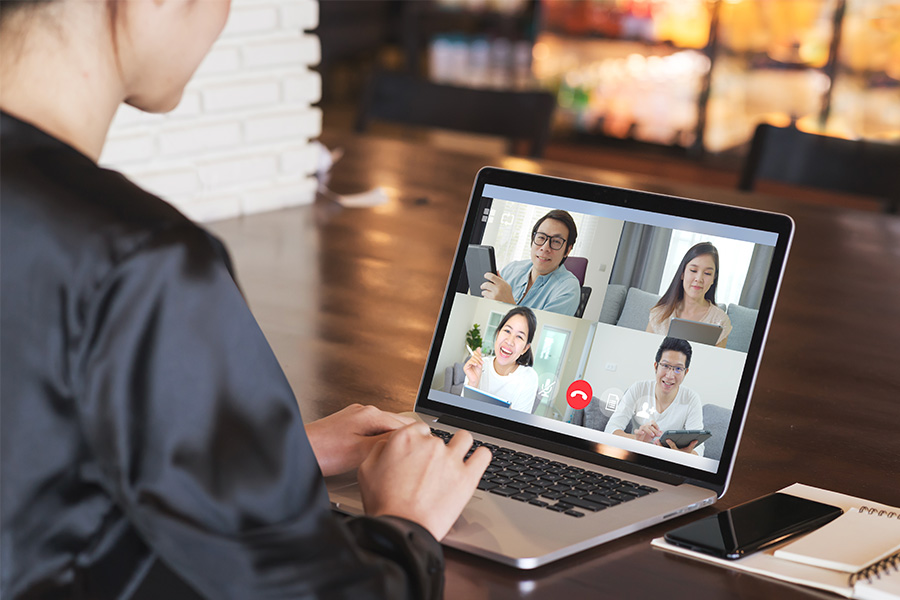We’re seeing a lot of organisations encouraged by the performance outputs of teams working from home during the pandemic. So much so, they’re looking to design post-pandemic working models that include more permanent forms of remote working.
After witnessing the evidence that employees can still be productive from home, many businesses have moved from the crisis phase to planning for a long ‘new normal’ phase.
So it’s about now that leaders need to stop and take a closer look. It’s time to engage with employees, customers, suppliers and others, to uncover the risks of new norms and habits that may be counterproductive or at odds with experiences that drive value in business eco-systems.
Organisations with a strong cultural foundation, held by values that guide their decisions, actions and interactions, are well positioned to weather the storms of uncertain times. We’ve all seen the stories of businesses making short-term profits by switching to different operating models during the pandemic, but in doing so, fragmenting or forgetting key parts of their eco-system.
Others have taken change in their stride, creating new value and better experiences for their eco-system and setting the benchmark for others. Their core lived culture has helped the organisation to adapt, rejuvenate and grow, drawing on the behaviours and shared identity that feed the life of the business for today and tomorrow.
The positives and negatives of remote working
New remote working arrangements can have many benefits, including access to a broader pool of talent, flexibility, cost savings, employee productivity and more. But there are also sustainability risks if leaders do not pay attention to less visible ways of working, or to habits that develop as a result of new working conditions — particularly if these are at odds with the core business value drivers.
Organisations and teams are working in environments where routines and habits have been significantly thrown up in the air, and also where adaptations must be designed, settled upon, communicated and implemented in short time slots.
How you can maintain your culture
Ask yourself:
- Are you maintaining an enduring and positive workplace culture during the pandemic?
- What are the values and purpose that form the foundations of your business?
- How did you live these before COVID-19, and how are you living them now?
Take time at regular intervals to engage with your employees, customers and suppliers to discuss how and whether things are really working for them. Decide if you need to review how you set expectations, communicate with your teams, remove roadblocks, or connect people across functions to get things done.
We’ve recently heard of a number of people that are working hours into the night, not taking breaks, and having to spend longer figuring out solutions. And with that, exhaustion and stress are settling in.
Leaders and managers need to engage with their teams to ensure the best habits and new routines are created and endorsed — habits that enable sustainable performance outcomes, as well as the health and wellbeing of their people.
A world of new habits
There’s no doubt new habits are developing. The question is, what ways of working and connecting are you endorsing? Are they going to keep your staff, customers and suppliers happy, so your business keeps growing? What do you need to do more or less of?
A critical factor will be your ability to cultivate the informal connections and unplanned encounters within your eco-system to strengthen social networks and bridge silos. Providing your employees with the unexpected tips and light relief during their days that happened ‘in doorways’ pre-pandemic, can also enhance productivity.
“When faced with a difficult question, we often answer an easier one instead, usually without noticing the substitution.”
Daniel Kahneman, Thinking Fast and Slow
With team collaboration, these connections can help us find the best answers to the difficult questions and overcome set-backs as they occur, creating bonds that bring people together.
If you’d like to explore ways to optimise an enduring, positive workplace culture as you create new ways of working, we’d love to hear from you.
